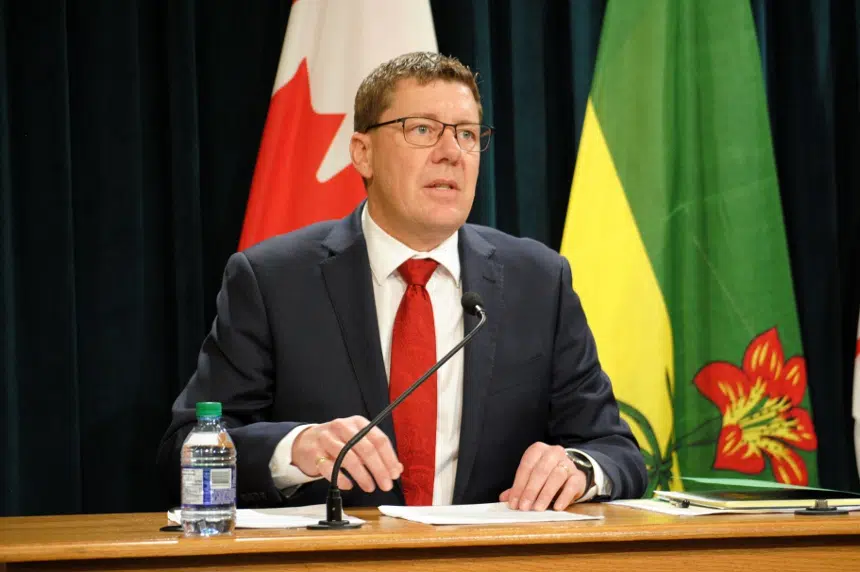An employee at an assisted living facility in Regina is one of 14 new confirmed COVID-19 cases in Saskatchewan.
In a media release Friday, the provincial government said an employee at an Eden Care facility in Regina had tested positive for COVID-19.
“There are no indications it has spread to other employees or residents,” the media release said. “The facility is closed to admissions, discharges and transfers, and residents who have been in close contact with the employee will be isolated and monitored twice daily for 14 days.”
The release added that, starting Friday, all employees working at long-term care facilities in the province will have their temperatures taken and will be checked for COVID-19 symptoms before they begin their shifts.
On Thursday, the province’s chief medical health officer, Dr. Saqib Shahab, said there hadn’t been any positive cases among residents in long-term care facilities.
The 14 new cases increased Saskatchewan’s total to 220.
The number of deaths due to the virus remained at three.
Three people are in hospital, including two receiving inpatient care in Saskatoon and one person in intensive care in Regina.
Twelve more people have recovered, increasing that total to date in the province to 48.
Of the 220 cases, 102 are travellers, 52 are community contacts (including from mass gatherings) and 10 don’t have any known exposures. Local public health officials are investigating 56 other cases.
Geographically speaking, 111 of the cases are from the Saskatoon area, 45 are from the Regina area, 42 are from the northern region of the province, 10 are from the south, nine are from the central region and three are from the far north.
There are now 100 cases in the 20-to-44 age range, 79 between the ages of 45 and 64, 35 in the 65-and-over range, and six aged 19 and under.
More than 12,000 tests have been performed in the province, including more than 5,100 on Saskatoon residents and 3,100 on Regina residents.
Privacy commissioner weighs in
On Thursday, Premier Scott Moe said he had heard complaints from residents over a relative lack of information about cases.
As a result, he directed the Saskatchewan Health Authority to brief the media — and therefore the public — early next week on the models and projections the SHA is using in an attempt to predict the workload on the health-care system.
On Friday, Saskatchewan’s information and privacy commissioner, Ronald Kruzeniski, issued a statement encouraging transparency by the government and other organizations when it comes to plans for dealing with the virus.
People have been demanding to know where the cases are in the province and Kruzeniski suggested that officials provide as much “de-identified personal health information” as possible.
“More is better under the circumstances we are now in,” Kruzeniski said in his statement. “Of course, giving someone’s name and address as being affected would be going too far.
“Yes and maybe in small communities indicating one person is affected would identify the person. In those instances, there are work-a-rounds such as saying, ‘one person in the Ituna vicinity’ or ‘one person north of White City.’ The idea is that officials can be transparent and provide as much information as is possible, but still avoid identifying an individual.”
Help on the way?
The government said Friday it will cover the fees for retired or non-practising health providers or students to return to the frontlines to fight the virus.
The Ministry of Health has been working with organizations to provide temporary licences for members of those groups who want to help out during the pandemic.
The government said the fees can be several hundred dollars per person per year depending on the regulatory body.
More to come.







